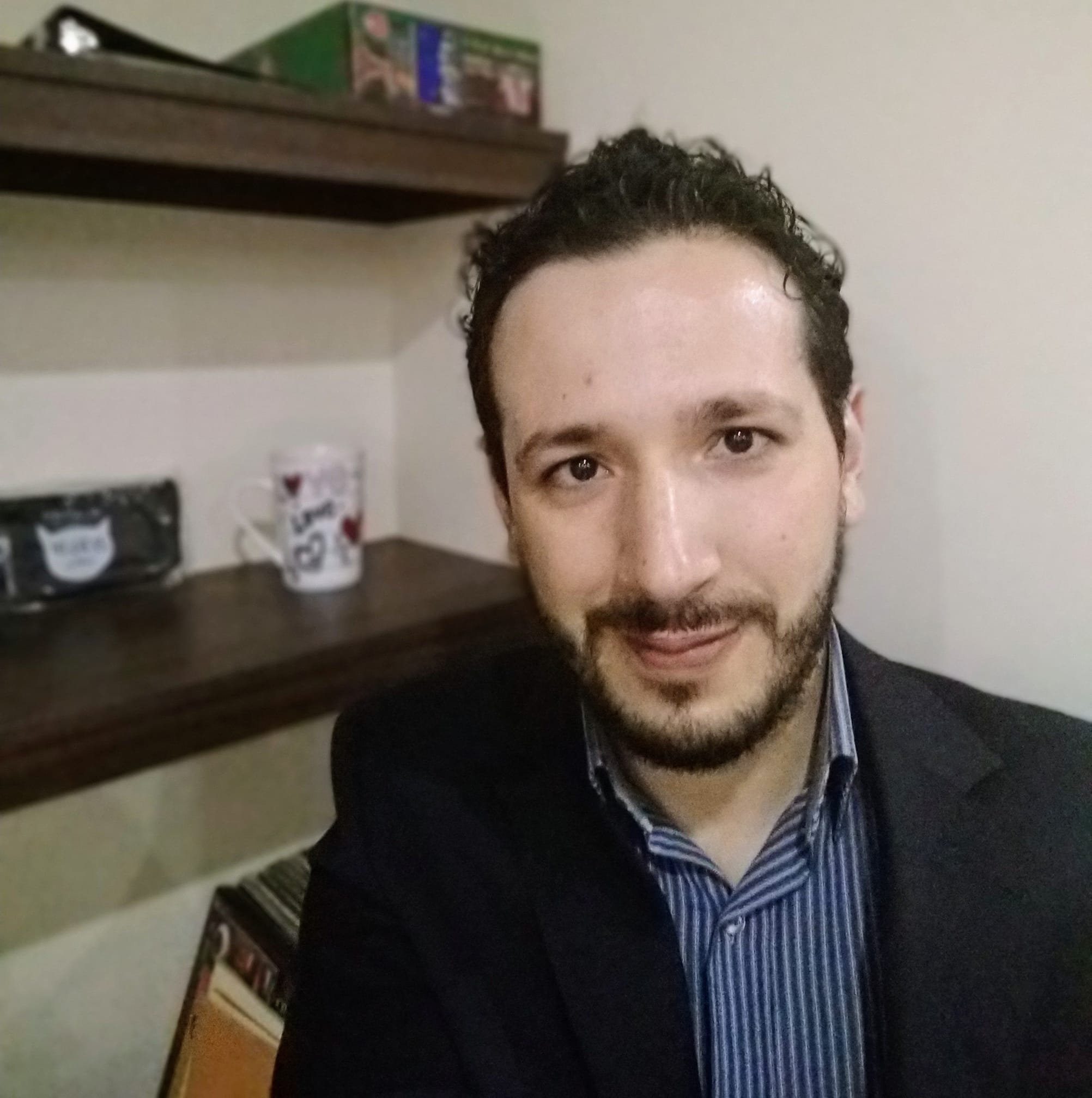Colombia Dissemination Activities 2024
Colombia Dissemination Activities 2024Oscar Cordoba

Could you please tell us a little about you and your background?
I am 39 years old and from Colombia. I recently completed my Ph. D. studies in Bogota. I am a certified FAP trainer, and my research interests are related to training therapists in skills to foster therapeutic relationships that promote change in clients.
How did you become interested in CBS?
My interest in CBS has its roots in my BA psychology studies. In Colombia, bachelor's studies are longer than in the US and other northern countries. This is because, besides the topics we take, we have to learn professional skills related to the field. That is why our college studies include a practicum. In my time as a college student, I focused on basic behavior analytic research, and my practicum was as a researcher, where my fascination for behavior analysis deepened. Then when I entered the field of clinical psychology with postgraduate studies, I stumbled upon FAP. A professor who offered a course on ACT recommended that I strengthen my relational skills. Which led me to read about FAP. I found FAP beautiful for its focus on the therapeutic relationship and its emphasis on interpersonal connection, something I needed dearly at the time. However, what had the most impact was its emphasis on behavior-analytic principles and the e legance in which these principles were articulated to serve psychotherapy. FAP spoke to me at a personal and intellectual level. This discovery led me to learn more about contextual behavioral therapies and their philosophical underpinnings, and shortly after, join the ACBS.
Could you tell us about your research and application interests?
My main research interest currently is about strategies to train therapist skills. Despite the importance of therapist skills something that tends to be taken for granted is the training process. Although in recent years there is more research about supervision and training strategies it is still a very small field compared to efficacy research in psychotherapy. While I was digging in the field of training research I found the field of expertise research and the concept of deliberate practice. I believe this is powerful framework to inform training strategies, despite many of its assumption are already embedded in behavioral trainings. However, despite the close resemblance between behavioral trainings and deliberate practice strategies for training, there is a lot of room for improvement in our field's training strategies using deliberate practice. So, my main interest is to improve the way we train therapist skills with empirically based strategies, especially, deliberate practice.
It had been many years since I could attend an ACBS conference, which is why the experience was so wonderful. First, I was able to reconnect with other members I haven't seen in years and meet people in person I just have emailed or met virtually before. It was also an opportunity to learn about what people have been working on. There is a very different quality to hearing people talk about their work compared to reading about it in papers. I was able to participate in training sessions to hone my skills and get new ideas. It is revitalizing to watch so much creativity and development firsthand. It was also an opportunity to hear feedback on my work from other people related to my ideas in training strategies. I did not anticipate receiving such positive feedback. Overall, it was an enriching experience that allowed me to get in touch with new knowledge that inspired new ideas.
Was there anything that stood out to you about the CBS community?
Reconnecting with the community was energizing. My interactions were warm, and there was a lot of joy in them. Something that I love about the community is the collaborative spirit. You notice how it is possible to build a network and find support for your ideas. I am now interested in continuing to build networks of collaborative work.
What did you take back from your experience that has been helpful to you?
First, the pre-conference workshop about CFT provided me with specific tools to work with in private practice. The use of some compassion strategies coupled with ACT/FAP strategies has helped me to improve the impact of the therapy process I provide. Second, I was inspired and now I have a deeper interest in continuing to build collaborative research networks around therapist training.
Do you have anything else that you would like to share with the community?
I am grateful for the opportunity this award offered me. I loved to spend time with the community and learning from so many brilliant people.